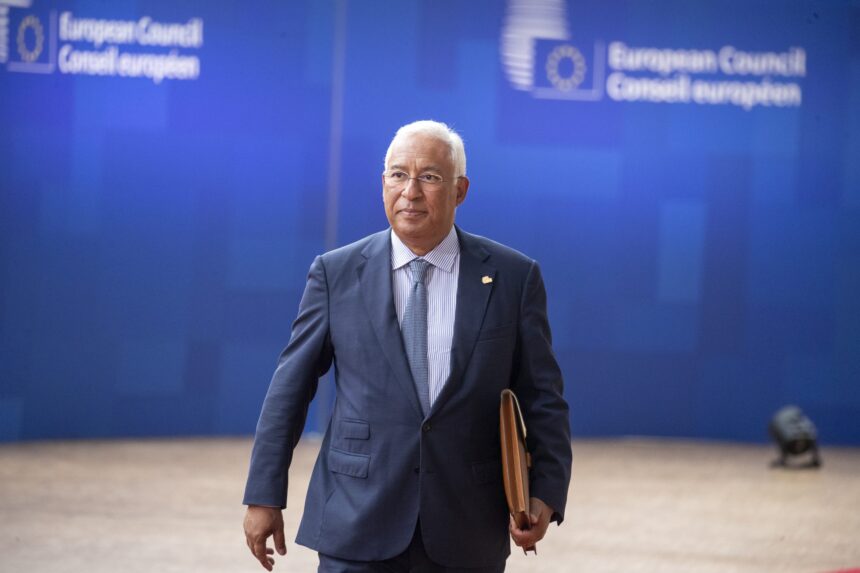Expansion in the Western Balkans remains a top priority for the European Union (EU), according to European Council President Antonio Costa, who will begin a diplomatic tour of the region on Tuesday.
Costa emphasized that the EU’s future stability and prosperity depend on expanding the block, and assured that the EU is committed to reviving the stalled accession process for candidate countries in the Western Balkans, which has faced setbacks due to member states’ hesitations.
Speaking ahead of his tour, Costa stated that Russia’s invasion of Ukraine has accelerated the accession process for Ukraine and Moldova, noting that it would be unfair for the Western Balkans to be overlooked. He urged countries in the region to speed up reforms.
“If Moscow does not accept the request, preparations for new sanctions will begin,” said Costa.
Costa’s first stop will be Serbia, a country currently in political crisis. He will then visit Bosnia and Herzegovina, meet with officials from Montenegro and Kosovo on Wednesday, and later visit North Macedonia. His final stop will be Albania, where he will participate in the European Political Community Summit (EPC) in Tirana on Friday.
The EPC was created in 2022 after Russia’s invasion of Ukraine and serves as a strategic forum for over 40 European countries. The EU’s focus on expanding its membership in the Western Balkans is central to the upcoming summit, especially given the growing instability in the region.
Costa also mentioned that there is a broad consensus in the EU on the geopolitical importance of expansion for the region’s stability and prosperity. He highlighted that the EU and Western Balkans share a common vision and must work toward official integration into the European family.
EU Accession Timeline
European institutions have often pointed to 2030 as a target for the first wave of EU memberships, especially for countries like Albania, Montenegro, and Serbia. However, Costa emphasized that there’s no fixed date for accession, noting that merit-based progress can allow for earlier integration, especially for Albania and Montenegro, which are considered to be more advanced in their reform processes.
The Russia-Ukraine war has fueled tensions in the region, particularly in Bosnia, and between Serbia and Kosovo. Costa sees EU membership as an opportunity for lasting peace and prosperity in the Western Balkans.







